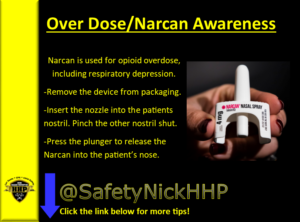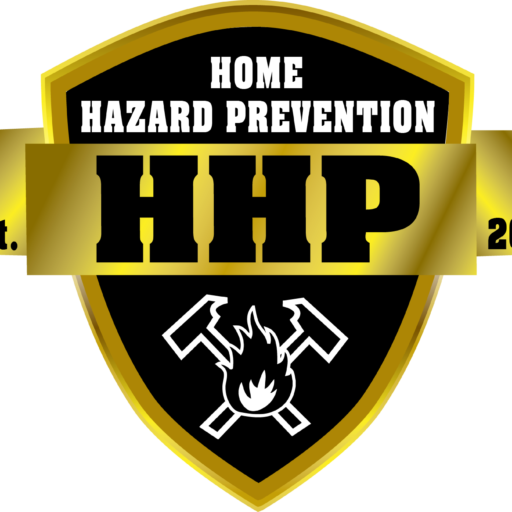August 31st: A Global Call to Action
Each year, August 31st marks International Overdose Awareness Day, a day dedicated to raising awareness about the growing crisis of opioid overdoses and empowering communities with life-saving knowledge. With the alarming rise in opioid-related deaths across the U.S., CPR and First Aid training now includes overdose recognition and intervention techniques for drugs like fentanyl, heroin, oxycodone, morphine, and hydrocodone.
Why Opioid Overdoses Are So Dangerous
Opioid overdoses can quickly lead to cardiac arrest, making immediate recognition and intervention crucial.
Signs of an Opioid Overdose:
-
Unresponsiveness to voice or touch
-
Pinpoint pupils (very small black centers in the eyes)
-
Slow, shallow, or stopped breathing
-
Evidence of drug use nearby
Naloxone (Narcan): The Life-Saving Antidote
One of the most effective interventions for opioid overdoses is Naloxone (Narcan), a medication available over the counter at pharmacies like CVS, Walgreens, and Rite Aid, as well as online. Narcan works fast by blocking opioid receptors and reversing overdose effects within minutes.
How to Use Narcan Nasal Spray
1️⃣ Check for signs of an opioid overdose 2️⃣ Call 9-1-1 immediately 3️⃣ Administer Narcan: Insert the nasal spray tip into one nostril and firmly press the red plunger 4️⃣ Repeat every 2-3 minutes as needed until the person responds or emergency help arrives
Who Should Carry Narcan?
According to the U.S. Surgeon General, Narcan should be carried by: ✔️ Individuals prescribed high-dose opioids ✔️ Those combining opioids with alcohol or sedatives ✔️ People with a history of opioid use disorder ✔️ Family and friends of those at risk ✔️ Community members in high-risk areas
HHP’s Commitment to Overdose Training
At Home Hazard Prevention (HHP), we provide in-depth CPR and First Aid training, including opioid overdose response and hands-on Narcan administration practice. Our firefighter-led courses ensure that you get the most up-to-date, real-world training to help save lives.
Take Action – Learn CPR & Overdose Response Today!
You never know when you might be the difference between life and death. Be prepared, proactive, and empowered to help someone in crisis.
Book your CPR & Overdose Response training today! Contact us now to schedule your session! Visit our website: Home Hazard Prevention Call/Text: (480) 448-0266
*******
For expert firefighter-led safety solutions, trust Home Hazard Prevention to keep your family and business protected. Whether its CPR training, car seat education, or home hazard prevention, “Safety Nick” and his team are here to help-affordably and conveniently. Because when it comes to safety, experience matters! Contact Home Hazard Prevention today at (480) 448-0266 or Nick@HomeHazardPrevention.com
© HHP, LLC 2012-2025

